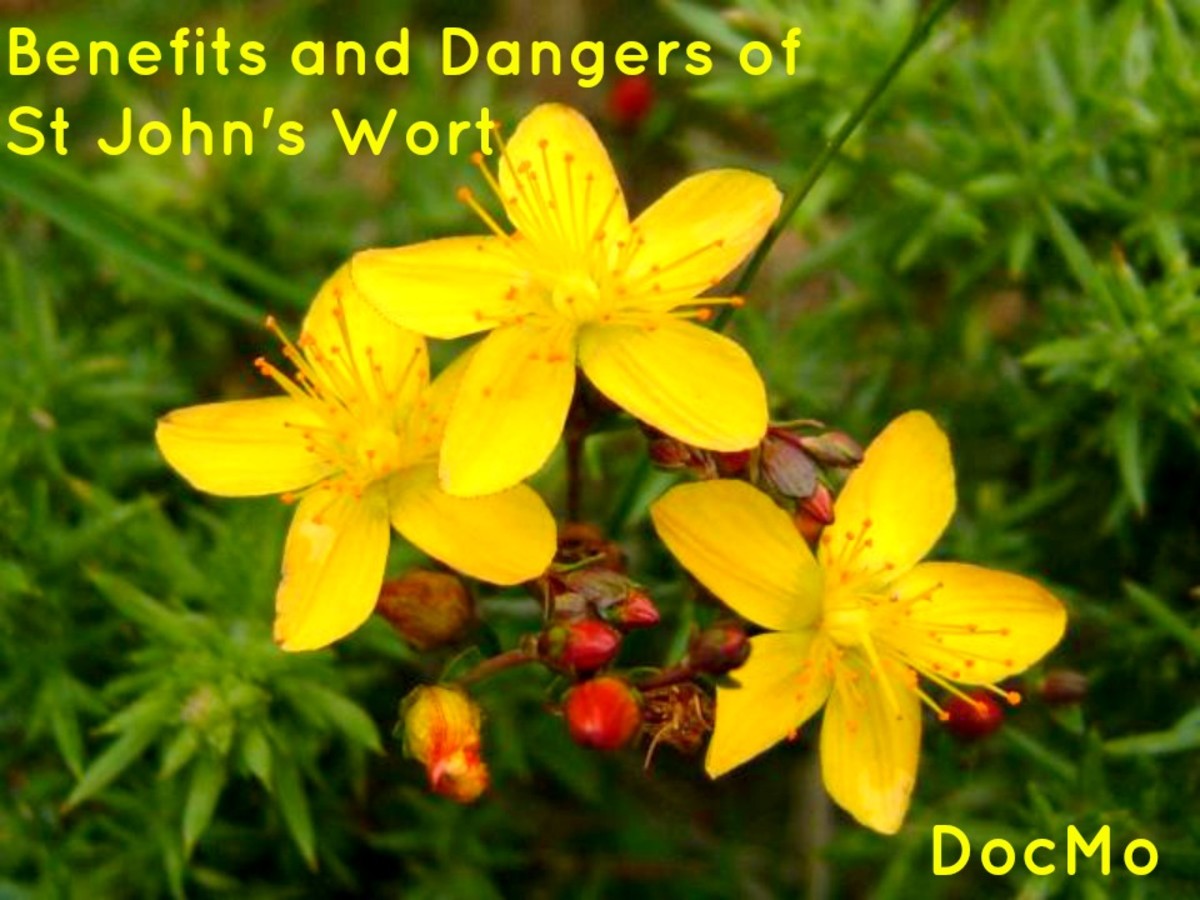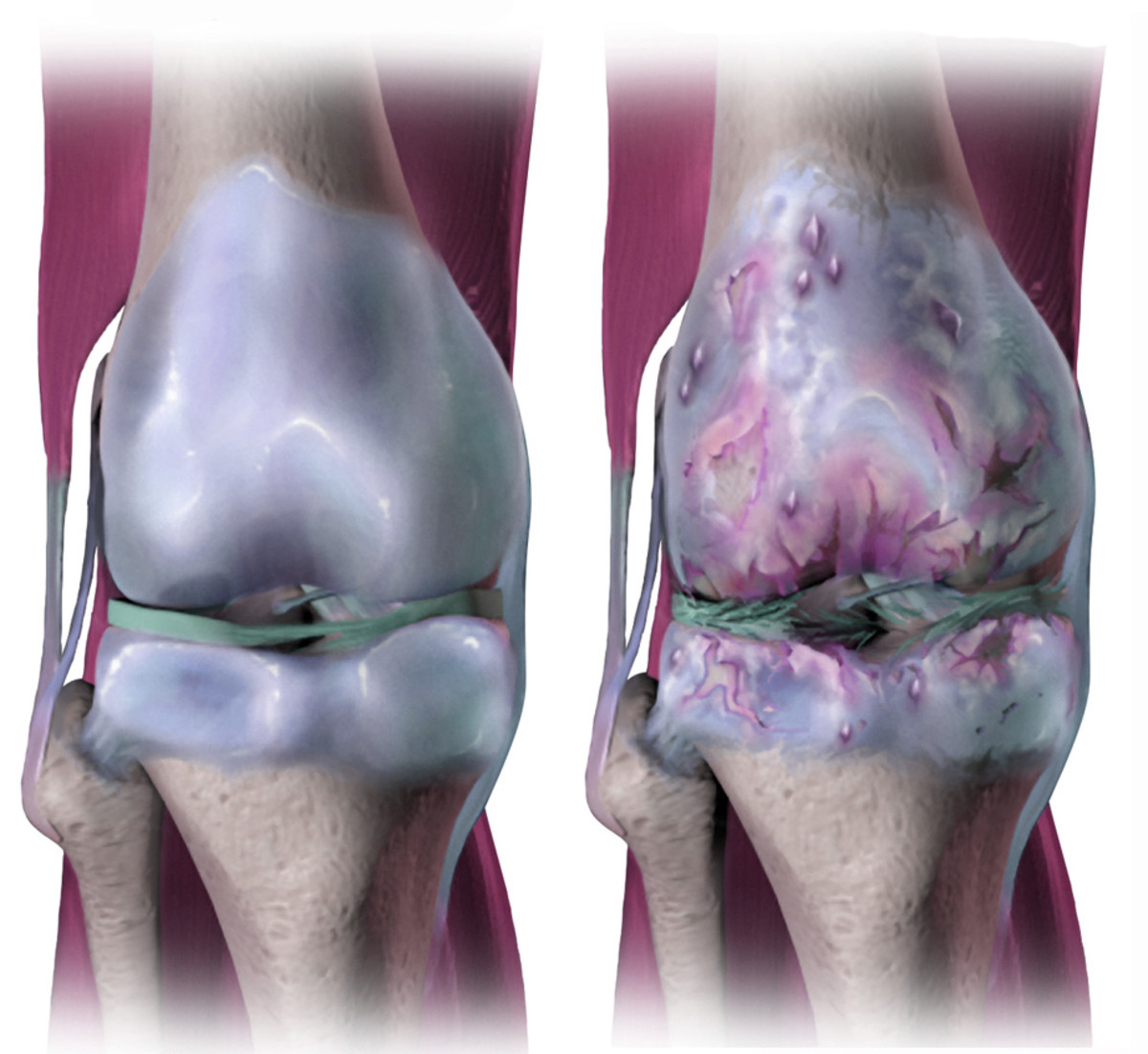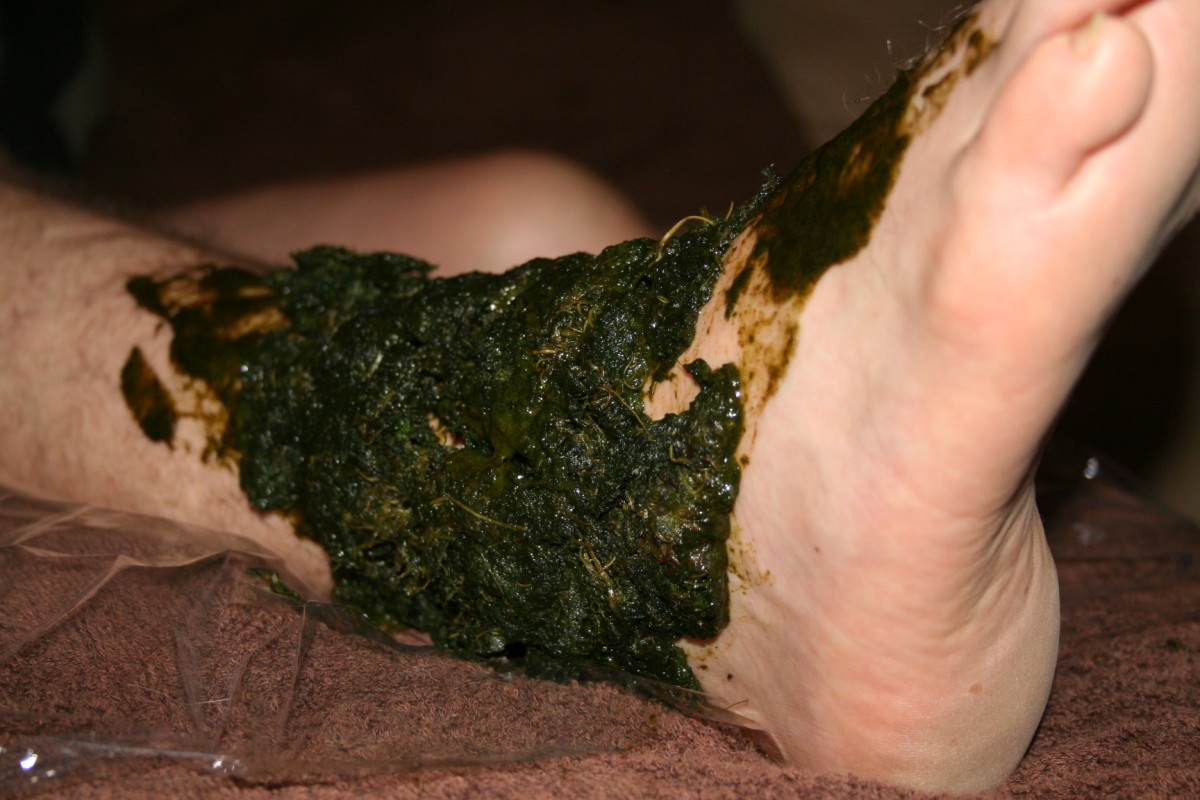St. John's Wort. Natural Remedies & Self-Medicating: A Deadly Mix Series
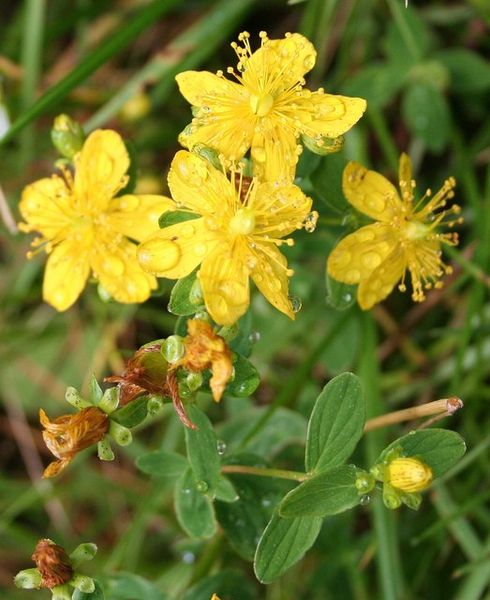
St. John's Wort
St. John's Wort is a renowned herbal supplement to treat symptoms of depression, seasonal affective disorder (S.A.D.), insomnia, and anxiety disorders. As the unemployed struggle to find jobs as well as healthcare insurance, an increasing number of people turn to natural remedies and other cost-effective methods of self-medicating their ailments. Despite its effectiveness, many users and proponents of this herbal supplement may be unaware of the potential side effects and interactions with many common over-the-counter and prescribed medications. At one time or another, patients will most likely be required to visit a healthcare provider for an ailment that is unrelieved with herbal remedies or alternative medicine. Therefore, it is extremely important to communicate the use of these supplements to prevent possibly dangerous interactions.
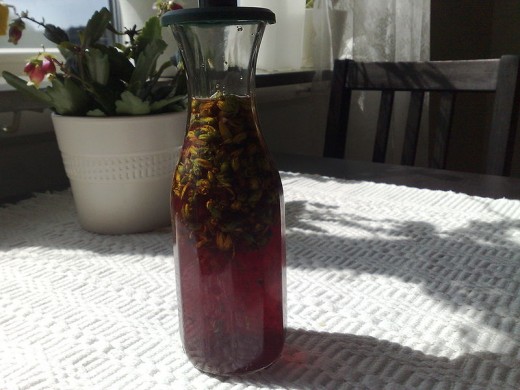
History & How it Works
The active ingredients of St. John's Wort include hypericin and hyperforin; which make the herb a popular natural supplement around the world due to its anti-depressant and antimicrobial properties. St. John's Wort is an old herbal supplement with its use dating over hundreds of years, but with the addition of Westernized medicine; the dangers of serious and deadly side effects are very real. St. John's Wort interacts with many medications because of its metabolism in the liver (cytochrome p450 inducer for the medical nerds) and thereby significantly decreases therapeutic drug levels in the blood. Also, keep in mind that the U.S. FDA does not regulate herbal supplements and therefore one cannot guarantee that the supplement inside matches that of the label. The lack of accurately labeled and unregulated supplements makes it extremely difficult for healthcare providers to determine how it will affect their patient's current medication regimen. (Ireland has already caught on to the dangers of patients under-reporting the use of herbal supplements and the risk of St. John's Wort dangerous medication cocktails and therefore have made it prescription-only to prevent the risk of serious side effects.) If you're considering herbal supplementation, it is important to remember that "natural" does not always mean safe and to always consult your healthcare provider before starting any type of herbal supplement.
The Natural Antidepressant
St. John's Wort may be most widely known as the herbal cure for depression. The herb has shown to be an effective anti-depressant because studies have shown that it prevents re-absorption of serotonin, noradrenaline, and dopamine in the brain; resulting in increased levels and improved mood. (Henderson, Yue, Berqquist, Gerden, & Arlett, 2002) Although some studies may demonstrate that St. John's Wort can help improve mild depression; patients with moderate to severe depression should seek professional help from their healthcare provider as establishing an appropriate support system and emergency medical contact can mean the difference between life and death for the severely depressed patient.
Disease/Condition/Reason for Medication
| Medication
| Interaction with St. John's Wort
| Possible Effects
|
|---|---|---|---|
Transplant patient (kidney, liver, heart, lung, etc)
| Cyclosporine (Gengraf)
| Decreased blood concentration of Cyclosporine
| Transplant Organ Rejection/Failure
|
Depression
| Fluoxetine (Prozac), Citalopram (Celexa), Sertraline (Zoloft) & other Selective Serotonin Reuptake Inhibitors (SSRI's)
| St. John's Wort increases levels of serotonin by preventing its reabsorption in the brain
| Life-threatening Serotonin Syndrome if 3 or more are present: confusion, agitation, fever, sweating, tremor, nausea, diarrhea, lack of co-ordination, coma, flushing or muscle aches with dark brown urine (rhabdomyolysis)
|
History of stroke, heart disease or heart attack, mechanical heart valve,
| Aspirin and/or Warfarin (Coumadin)
| Interacts with metabolism of Aspirin and Coumadin resulting in decreased effectiveness and blood concentration
| Increased risk of clots and recurrent condition (stroke, heart attack, etc.)
|
Heart arrythmia (irregular heart rate), heart failure
| Digoxin
| Decreases Digoxin absorption and increases its elimination
| Lethal heart arrythmia, recurrent irregular rythm, heart failure
|
Seizure Disorder
| Phenytoin (Dilantin), Carbamazepine (Tegretol), Phenobarbitone
| Reduces blood concentration of anti-seizure medications
| Seizures
|
HIV/AIDS
| HIV protease inhibitors (Indinavir, Nelfinavir, Ritonavir, Saquinavir) & HIV non-nucleoside reverse transcriptase inhibitors (Efavirenz & Nevirapine)
| Reduces concentration of these anti-HIV medications
| Loss of HIV suppression causing advancement of virus
|
Prevention of Pregnancy
| Oral contraceptives
| Reduces blood concentration of oral contraceptives
| Breakthrough bleeding and risk of pregnancy
|
Asthma
| Theophylline
| Reduces blood concentration of Theophylline
| Loss of Asthma control or asthmatic exacerbation
|
Migraine
| Sumitriptan (Imitrex),
| St. John's Wort increases levels of serotonin by preventing its reabsorption in the brain
| Risk of life-threatening Serotonin Syndrome (described above)
|
High cholesterol (Hyperlipidemia)
| Statins (Lovastatin, Simvastatin, Atorvastatin)
| Decreases effectiveness of cholesterol-lowering medications
| High cholesterol, ineffectiveness of statin medication
|
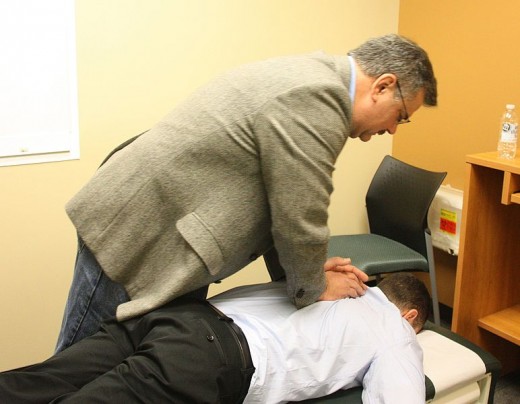
Westernized & Alternative Medicine: Can They Co-Exist?
To the surprise of many people, physicians and healthcare providers of the medical world support the use of alternative medicine providing it is safe for their patient. The National Institutes of Health even provides a fact sheet for understanding the safety and effectiveness of Complementary and Alternative Medicine. Unfortunately, most health insurance companies don't provide reimbursement for alternative therapies (such as chiropractor services, acupuncture, or massage therapy) which leaves healthcare providers to prescribe medications, physical therapy, or providing referrals to specialists. Natural medicine has a place within Westernized medicine, but it is underutilized and often criticized due to its lack of regulation and short supply of evidence-based research. It seems that alternative medicine is a taboo subject in modern medicine, but sometimes all it takes is a simple suggestion or offer to try alternative medicine as an adjunct to improve your health. You'll be surprised to find that modern healthcare providers are happy to collaborate with their patients to find a healthy lifestyle that complements both western and alternative medicine.
Natural Remedies: What Patient's Don't Tell
Do you tell your healthcare provider about your herbal supplements?
Reference
Drug interaction of St John's wort with cyclosporin
The Lancet, Volume 355, Issue 9218, 27 May 2000, Page 1912
Th Breidenbach, MW Hoffmann, Th Becker, H Schlitt, J Klempnauer
Henderson, L., Yue, Q., Berqquist, C., Gerden, B. & Arlett, P. (2002). St John’s wort (Hypericum perforatum): drug interactions and clinical outcomes. National Institutes of Health.
Disclaimer
This information is for educational purposes only. It is not intended to be used for diagnostic purposes or medical advice. Always consult your healthcare provider for any concerns or questions.


